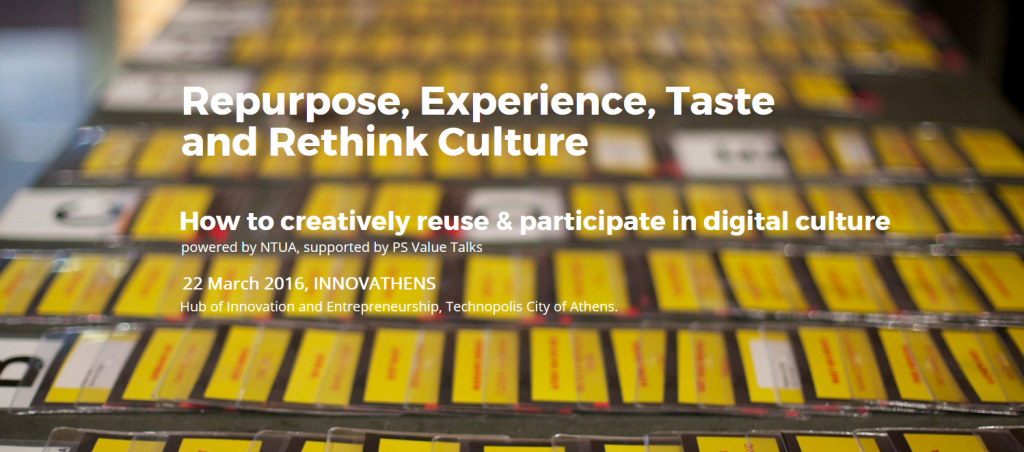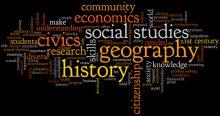Venue: Centre for Information Modelling – Graz University
Conference language: English
Confirmed Keynote Speakers:
- Dot Porter (Kislak Center for Special Collections, Rare Books and Manuscripts, Univ. of Pennsylvania)
- Stan Ruecker (Institute of Design at Illinois Institute of Technology, Chicago)
Scholarly editions intermediate between the texts and their readers, which does not change with their transfer to digital media. Over the past two decades, research on digital scholarly editions (DSE) was deeply engaged with the impacts of the digital medium on the critical representation of texts and the changing conditions for the editor. However, less research has been done on the roles of the readers, or – as they are called in the digital environment – the users. A critical examination of the topic has already been demanded by Jerome McGann in 2001, it was repeated by Hans Walter Gabler in 2010, and was taken up more recently by Patrick Sahle (2013) and Elena Pierazzo (2015). User studies are rare, and systematic considerations of principles of Human Computer Interaction are still marginal in theory and practice of DSE. In addition, the conceptualization of the DSEs as interfaces between machines could be intensified. However, the discourse on DSEs benefits from considering paradigms of interface design, from reflecting on the cultural and historical context of the visual appearance of scholarly editions and their affordances, as well as from examining the interactions between user and resource.
The symposium will discuss the relationship between digital scholarly editing and interfaces by bringing together experts of DSEs and Interface Design, editors and users of editions, web designers and developers. It will include the discussion of (graphical/user) interfaces of DSEs as much as conceptualizing the digital edition itself as an interface. In this context, we are interested in contributions to the following questions and beyond:
- How can DSEs take full advantage of their digital environment without losing the traditional affordances that makes an edition ‘scholarly’? What is the role of skeuomorphic tropes and metaphors like footnotes, page turn and index in the design of DSEs and concerning the user interaction?
- Do interfaces of DSEs succeed in transferring the complexity of the underlying data models?
- Plurality in representation is a core feature of DSE. How do interfaces realize this plurality? Do we need different interfaces for different target audiences (i.e. scholars, digital humanists, students, public)?
- How can user interfaces of DSEs succeed in transmitting Human Computer Interaction design principles like ‘aesthetics’, ‘trust’, and ‘satisfaction’?
- Citability and reliability are core requirements of scholarly work. Which user interface elements support them? How can we encourage the user to critically engage with the DSE?
- What are the users of a DSE actually doing: are they reading the text or searching and analyzing the data?
- Can we conceptualize machines as users? How can we include application programming interfaces (APIs) in the discussion on DSEs as interfaces?
- Does the development of user interfaces for DSEs keep up with the rising distribution of small handheld devices? Will interfaces on tablets greatly differ from those on computer screens and perhaps encourage a larger readership?
More information: http://dixit.uni-koeln.de/cfp-digital-scholarly-editions-as-interfaces/


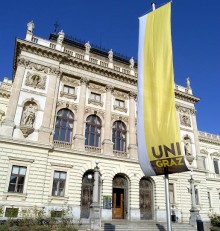
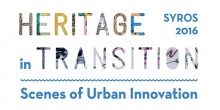
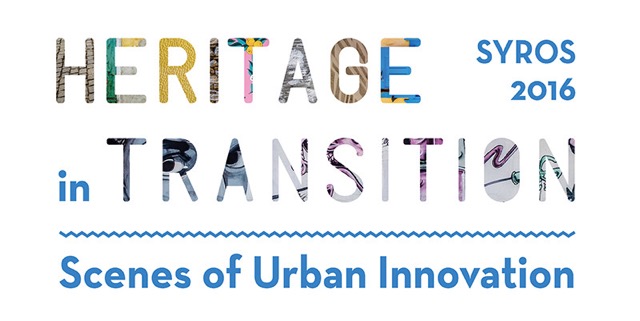

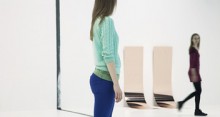

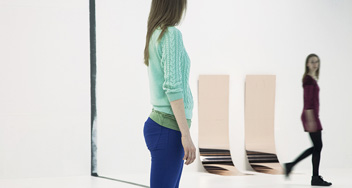
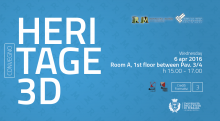
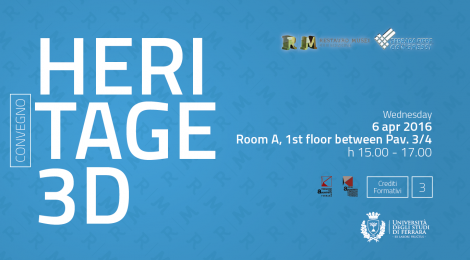
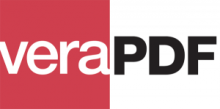
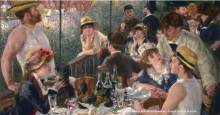
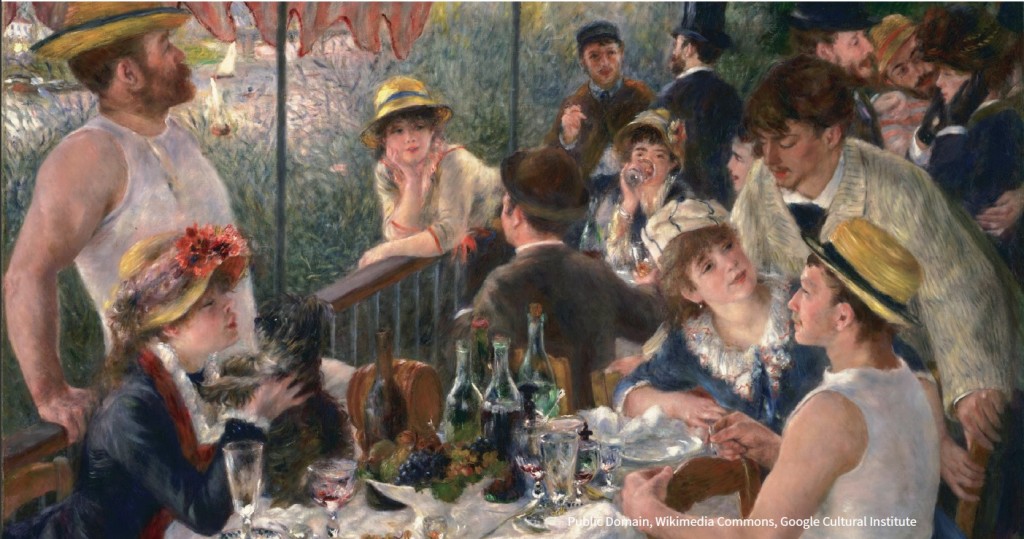 The aim of this RICHES policy brief is to highlight the growth of community-led food initiatives and the changing spaces of food production and consumption. It shows how food culture can be a force for change and how citizens can co-create cultural heritage around food. It provides some brief examples of community-led food initiatives and makes recommendations for policies which are needed to enable these to thrive.
The aim of this RICHES policy brief is to highlight the growth of community-led food initiatives and the changing spaces of food production and consumption. It shows how food culture can be a force for change and how citizens can co-create cultural heritage around food. It provides some brief examples of community-led food initiatives and makes recommendations for policies which are needed to enable these to thrive.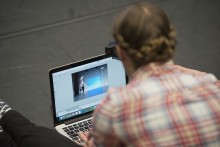
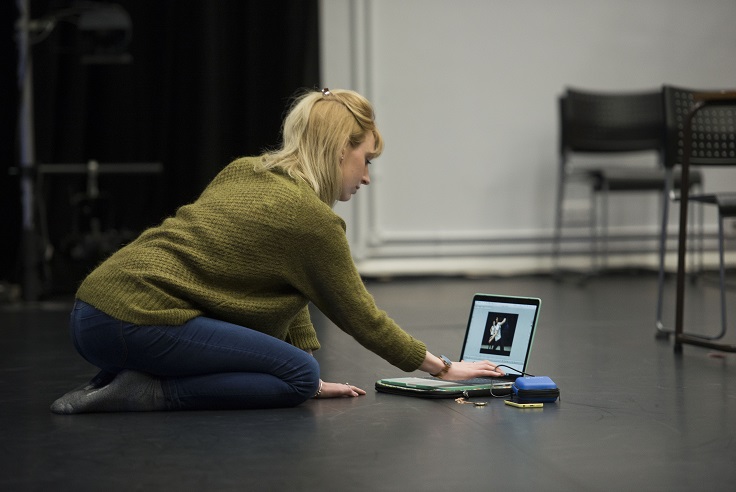
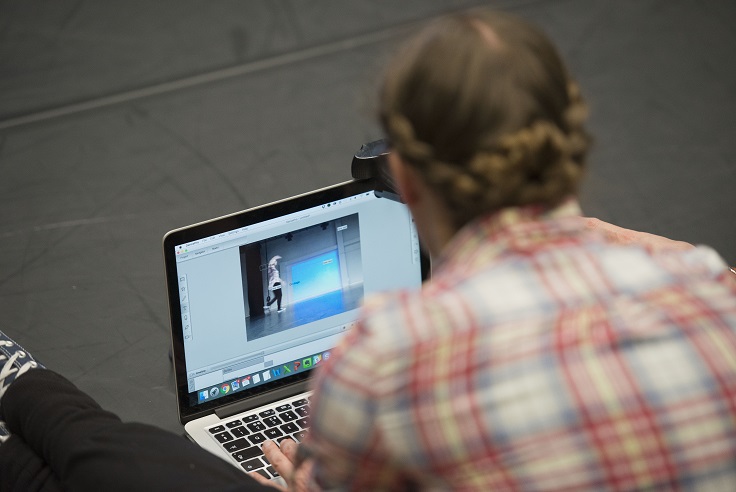
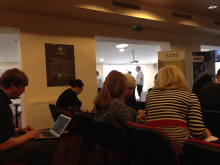
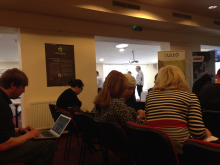 Antonella Fresa, Technical Coordinator of PREFORMA, presented the project at the 19th edition of the ILIDE Conference.
Antonella Fresa, Technical Coordinator of PREFORMA, presented the project at the 19th edition of the ILIDE Conference.
